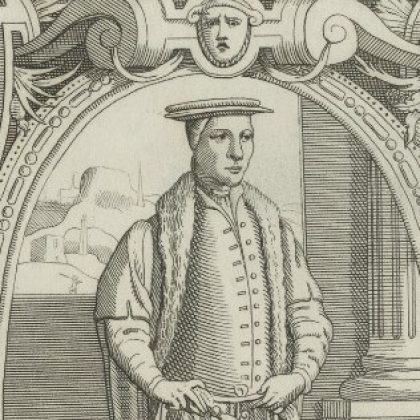Poverty comes like an armed man: the economic crisis of the 1690s
In early 1697, Oliver Heywood described how ‘Money is scant, trading bad, people are breaking weekly, assessments heavy, [and] poverty comes like an armed man’.[1] This was the middle of a decade characterised by repeated waves of economic problems in England, causing misery for many ordinary people in the aftermath of the so-called Glorious Revolution of 1688-89.
The nature of these hard times is – in some ways – eerily familiar to people in Britain in the early 2020s: the cost of food and fuel spiked, the currency lost its value, the financial system wobbled, and the national government seemed to be unable or unwilling to take strong action to help the huge numbers of people who were struggling day-to-day. It is a small but bitter irony that the country’s recent Chancellor wrote his doctoral thesis on the currency crisis of 1690s before contributing to one of his own.[2]
In a new article on the economic problems of this decade, I argue that we need to pay close attention to the impact of these events on the lives of workers and traders at this time. While the late seventeenth and early eighteenth century are usually presented as a period of commercial growth and rising real wages, the 1690s were an important exception to the broader trend. The expansion of trade and industry had major economic benefits over the longer term, but they also increased the proportion of the population that was precariously employed and more vulnerable to the shocks caused by the outbreak of war and climatic misfortune. Likewise, while political histories of this period focus mostly on the debates about the constitution, the church and foreign policy, they have had little to say about the dramatic increase in the cost of living the followed the Glorious Revolution.
It is easy, from as a twenty-first century historian, to look at the developments under the later Stuart monarchs between 1660 and 1714 as pointing towards Britain’s gradual emergence as a major political and economic power in Europe and beyond. Yet most people who lived through this period lacked the luxury of such disinterested analysis. The 1690s witnessed a crisis with extreme repercussions, and its damaging effects on the lives of millions need to be considered carefully rather than treated as merely a bump on the road towards Britain’s precocious modernity.
[1] J. Horsfall Turner (ed.), The Rev. Oliver Heywood, B.A., 1630-1702 (4 vols; 1881-85) , IV, p. 173 (alluding to Proverbs 6:11 – ‘So shall thy poverty come as one that travelleth, and thy want as an armed man’).
[2] K.A.A. Kwarteng, ‘Political thought of the recoinage crisis of 1695-7’ (Cambridge, 2000) <https://www.repository.cam.ac.uk/handle/1810/251742>






